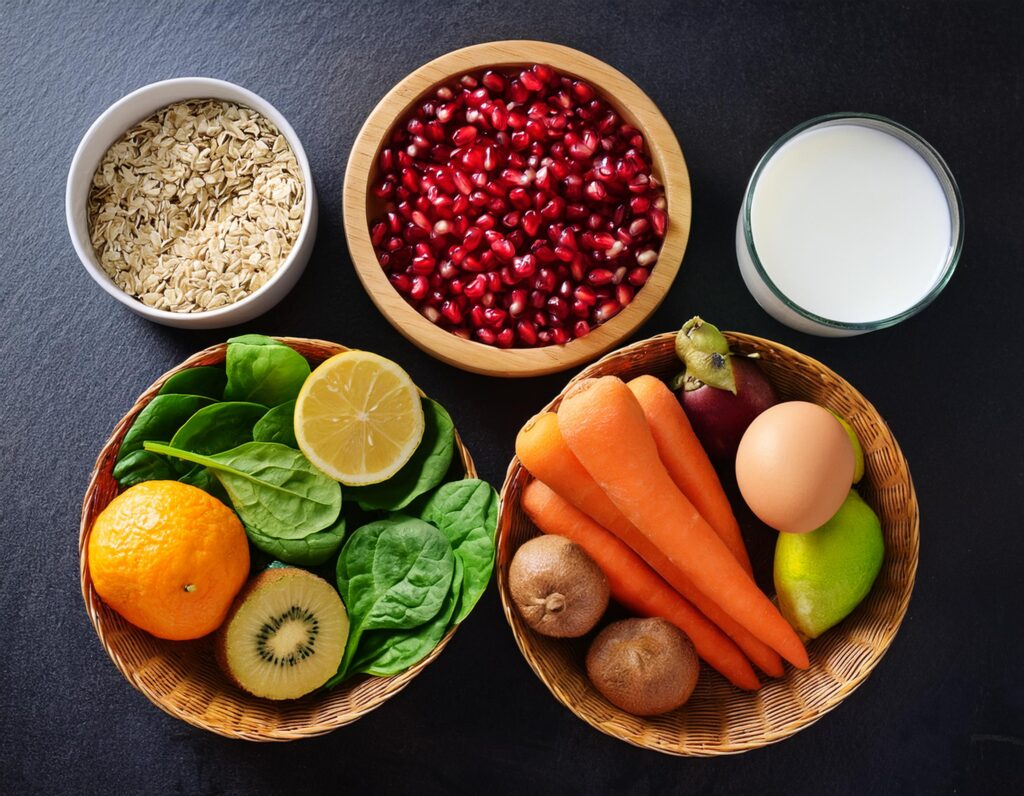The Essential Guide to Healthy Eating: Why Your Diet Matters and How to Make Positive Changes
In today’s fast-paced world, it’s easy to fall into the trap of grabbing convenient, processed foods that often lack nutritional value. However, incorporating healthy food into your daily diet is crucial for maintaining overall well-being and preventing chronic diseases. Let’s dive into why healthy food is so important and how it can positively impact your life.

What is a healthy diet?
A healthy diet is generally fresh, unprocessed and rich in essential nutrients. Includes:
Fruit and vegetables: rich in vitamins, minerals and antioxidants.
Whole grains: such as brown rice, quinoa and whole grain products, which provide fiber and nutrients.
Lean proteins: such as chicken, fish, legumes and tofu, essential for muscle repair and growth.
Healthy fats: found in avocados, nuts, seeds and olive oil, which promote heart health.
Dairy products or milk substitutes: provide calcium and vitamin D for strong bones.
Benefits of a healthy diet
Stimulates immune function: Nutrient-rich foods strengthen your immune system, helping you fight disease and infection.
Improves digestive health: Foods rich in fiber promote healthy digestion and prevent constipation.
Promotes heart health: A diet low in saturated fat, trans fat and cholesterol can reduce the risk of heart disease.
Improves mental well-being: Research suggests that a balanced diet can improve mood and cognitive function.
Promotes a healthy weight: a diet rich in whole foods and low in processed sugars helps regulate weight.
Improves skin health: Vitamins and antioxidants found in fruits and vegetables can help keep skin healthy.
Increases energy levels: Eating nutrient-dense foods provides sustained energy.
Tips for incorporating healthy foods into your diet
Plan your meals: Create a weekly meal plan that includes a variety of fruits, vegetables, and whole grains.
Stay hydrated: Drink plenty of water throughout the day.
Home cooking: preparing meals gives you control over ingredients and cooking methods.
Practice portion control: Pay attention to portion sizes to avoid overeating.
Choose whole foods: Choose fresh, unprocessed foods whenever possible..